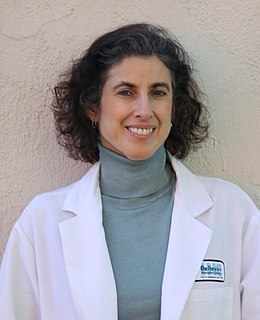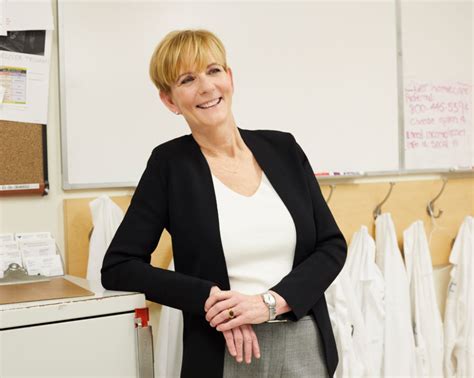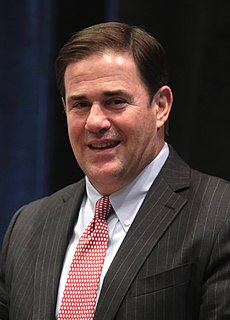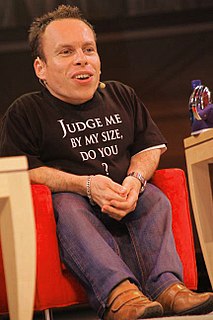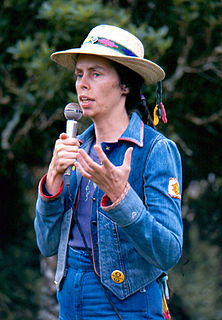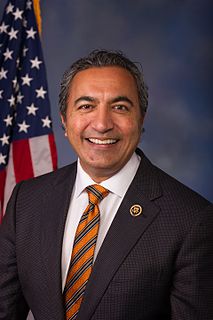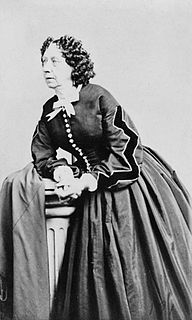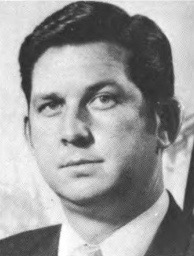A Quote by Danielle Ofri
Sandeep Jauhar specializes in peeling back the veneer, revealing the discomfiting truths of today’s medical world. He is unafraid to dig deeply and honestly, both within himself and within the medical profession. Doctored raises critical questions that twenty-first-century medicine must answer if it is to meet the needs of its patients as well as of its practitioners.
Related Quotes
Sandeep Jauhar’s Doctored is a passionate and necessary book that asks difficult questions about the future of medicine. The narrative is gripping, and the writing is marvelous. But it was the gravity of the problem—so movingly told—that grabbed and kept my attention throughout this remarkable work.
Intern will resonate not only with doctors, but with anyone who has struggled with the grand question 'What should I do with my life?' In a voice of profound honesty and intelligence, Sandeep Jauhar gives us an insider's look at the medical profession and also a dramatic account of the psychological challenges of early adulthood.
There's a classic medical aphorism: 'Listen to the patient; they're telling you the diagnosis.' Actually, a lot of patients are just telling you a lot of rubbish, and you have to stop them and ask the pertinent questions. But, yes, in both drama and medicine, isolated facts can accumulate to create the narrative.
Nothing in medical literature today communicates the idea that women's bodies are well-designed for birth. Ignorance of the capacities of women's bodies can flourish and quickly spread into the popular culture when the medical profession is unable to distinguish between ancient wisdom and superstitious belief.
In medical school, students are immersed in the realm of medical ethics. It's where new doctors study, learn right and wrong, ask tough questions, and discuss things like end of life care, genetic testing, and patients' rights. In lots of ways, it's the most important part of being a compassionate and competent doctor.
You are taken sick; you send for a physician; he comes in, stays ten minutes, prescribes for you a healing medicine, and charges you three or four dollars. You call this 'extortionate' - forgetting the medical books he must have waded through, the revolting dissections he must have witnessed and participated in, and the medical lectures he must have digested, to have enabled him to pronounce on your case so summarily and satisfactorily.
